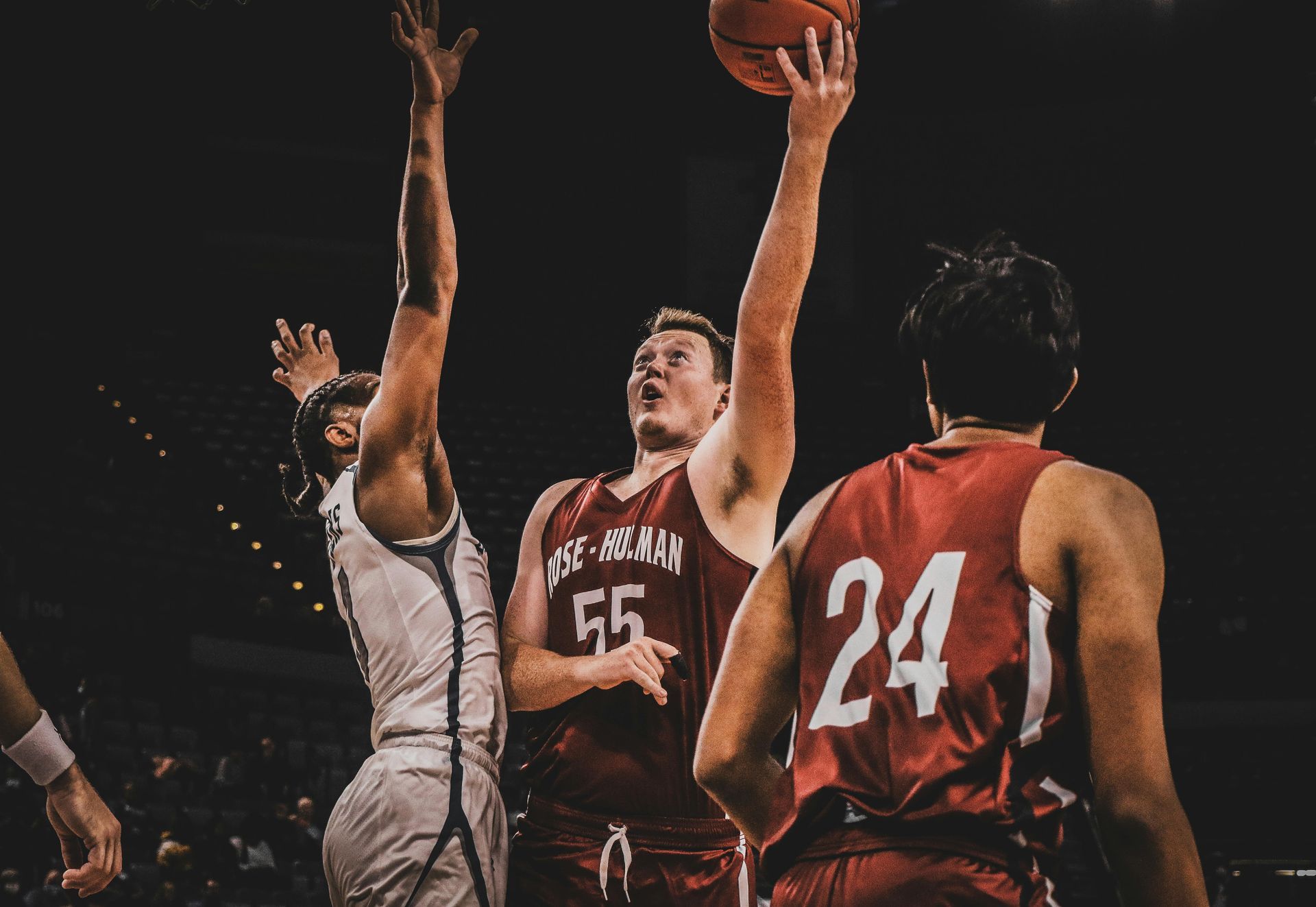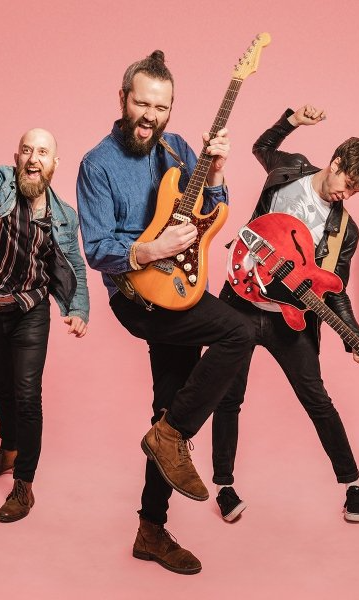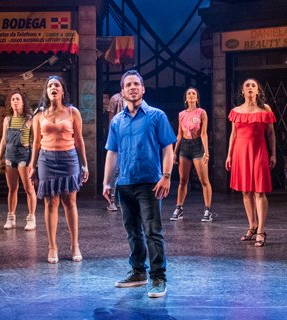O que são os vistos P-1B e P-1S?
Para ser elegível para o visto P-1B, pelo menos 75% dos membros da equipe devem ter um vínculo relevante e consistente com o grupo por pelo menos um ano (ou seja, pelo menos 75% dos membros da equipe devem ter sido membros por pelo menos um ano).
Além disso, o grupo de entretenimento precisa ser reconhecido internacionalmente, muito conhecidos na sua área, comprovado por habilidades e reconhecimento bastante acima da média a ponto de serem renomados, líderes na sua área de atuação e reconhecidos em mais de um país. A reputação do grupo é essencial, não a de um único indivíduo do grupo, nem o sucesso de apenas uma produção em particular.
Observe que este é um visto para equipes e, artistas individuais que não se apresentem como parte de um grupo, não são elegíveis para esta classificação de visto. No entanto, artistas individuais ou em dupla que se apresentam regularmente com instrumentistas de apoio, também podem ser elegíveis para este visto.
O pessoal de apoio, essencial para a performance do grupo, também é elegível para o visto P-1 para acompanhar e auxiliar o grupo. Esse seria o visto P-1S e seria requerido ao mesmo tempo da petição de visto P-1B do grupo. Para que o pessoal de apoio seja elegível para um visto P-1S, deve ser demonstrado que eles são parte integrante da apresentação de artista(s) P-1 e que realizam serviços de apoio que não podem ser prontamente executados por um trabalhador dos EUA. O pessoal de suporte pode incluir pessoal administrativo, operadores de câmera, técnicos de iluminação e pessoal de palco.
Para obter mais informações sobre P-1B e P-1S, bem como outros vistos P, e para determinar se um desses vistos é adequado para você, entre em contato com um de seus experientes advogados de imigração!
Este blog não se destina a ser um aconselhamento jurídico e nada aqui deve ser interpretado como estabelecimento de uma relação cliente-advogado. Por favor, agende uma consulta com um advogado de imigração, antes de agir baseado em qualquer informação lida neste blog.
Angelica Rice
Similar Posts












